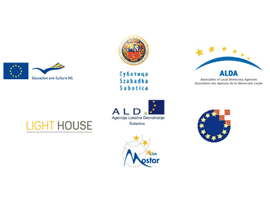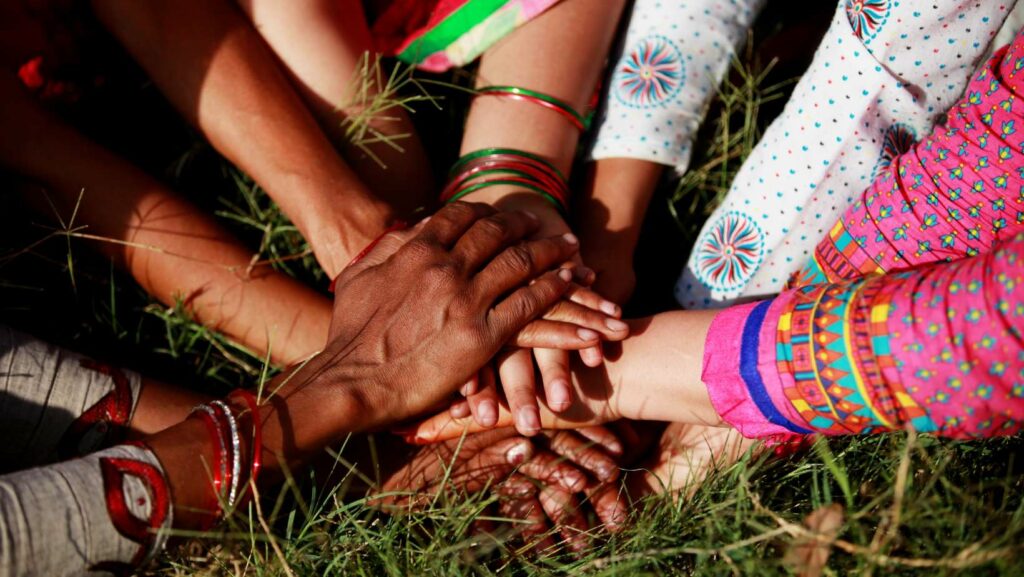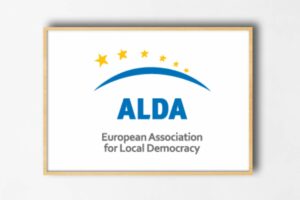
AT A GLANCE
This two year project is designed as a set of activities involving local authorities and civil society organisations aiming:
a) to support good local intercultural governance through more effective participation of civil society and minority communities;
b) to support the networking among local NGO-s involved in minority rights protection and foster exchange of good local practice in managing multiethnic local communities in the region;
c) to help promote innovative local practices in support to intercultural dialogue and tolerance and raise public awareness on participation of minority communities at local level.
The project functions as a partnership between the LDA offices of the towns of Subotica, Mostar and Osijek and the municipalities of Subotica, Mostar and Osijek. Furthter ALDA, the Association of LDAs and the Lighthouse Media Centre of Wolverhampton in UK are supporting the project as partners with their experience and facilities. The five projects partners will stay in a close co-operation during the whole project.
OBJECTIVES
The aim of the project is to support a diversity management in multiethnic communities such as are Mostar, Osijek and Subotica and to improve the participation and inclusion of ethnic minorities, as well as raise awareness for the richness of ethnical traditions and cultural events in the participating towns and regions.
The project is designed as a regional co-operation between NGOs and towns in order to allow the partners to share experiences and best practices about diversity management. The aim is that the partners increase their skills and knowledge on this topic by regular exchange.

ACTIVITIES
Project activities are divided in three main Components:
Component 1: Project management; project promotion/visibility actions
International Steering group meetings (4 meetings, hosted by the partners in Subotica, Osijek, and Mostar); overall project management and coordination will be organised in close co-operation with all the partners.
Project promotion/visibility actions.
Thematic Round Tables and study visits to the cities included (3 one-day meetings) on cultural heritage of minority communities held during specific cultural events in respective cities;
Final Publication, namely a collection of the written contributions on good local intercultural governance.
Component 2: Capacity Building includes a series of three training seminars (five day residential seminars and the four day final conference with international/regional participation) under the common title: School of local democracy, to be held in three cities included.
Training seminar 1: Cities for good intercultural governance; thematic modules include – European standards in human/minority rights protection; local self-government system and challenges of intercultural governance; diversity management skills and diversity reporting; citizen participation at local level – from legal norms to innovative practice.
Training seminar 2: Intercultural Youth Summer Camp: key thematic scope ranging from intercultural education and understanding; youth participation in policy making at local level; minority languages tuition, presentation of EU Youth in Action Programme; possibilities for follow-up youth co-operation initiatives.
Final project event: Regional conference on minorities and democratic participation at local level; presentation of the final project publication; thematic workshops include: From Multicultural coexistence to intercultural governance – challenges and perspectives; effective municipal performances/service delivery in multiethnic local communities; participation at local level and minorities; exchange of good local practice and follow-up initiatives.
Component 3: Intercultural exchange and BE-ME perspective
This component is designed as a set of activities consisting of preparation/pre-production and filming of the traditional cultural ethnic minorities customs in the cities included in the action but from a different perspective. It is aimed to help develop some new innovative communication concepts, tools/approaches versus traditional values and offer some innovative images, more understandable to younger generations and to a wider European audience.
Newsletters: CARDS project published 6 newsletters during its activity.
Newsletter 1; Newsletter 2; Newsletter 3; Newsletter 4; Newsletter 5; Newsletter 6.
